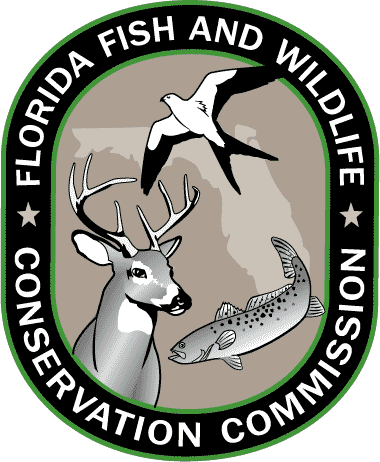Florida Commission Proposes 2013 Gulf Recreational Red Snapper Season in State Waters

The Florida Fish and Wildlife Conservation Commission (FWC) proposed a 44-day recreational red snapper season for Gulf of Mexico state waters at its meeting Feb. 13 in Orlando.
This season would start June 1 and end July 14. The proposed 2013 season is inconsistent with the current proposed federal season, which is currently expected to be about 27 days but may be shortened once state seasons in all Gulf state waters are finalized.
The Commission will make a final decision on this season at the April Commission meeting in Tallahassee.
While the federal limit for how many pounds of red snapper can be caught has increased, the season length has gotten shorter because of more fishing effort and larger fish, according to federal fishery managers.
After listening to public comment, the Commission chose to go inconsistent based on reports that the upcoming federal stock assessment would likely show red snapper populations are doing better than previously thought and reports from anglers that the fishery is improving and preference is to have a longer season.
The Commission also gave direction to FWC staff to look further into other long-term management options for red snapper.

